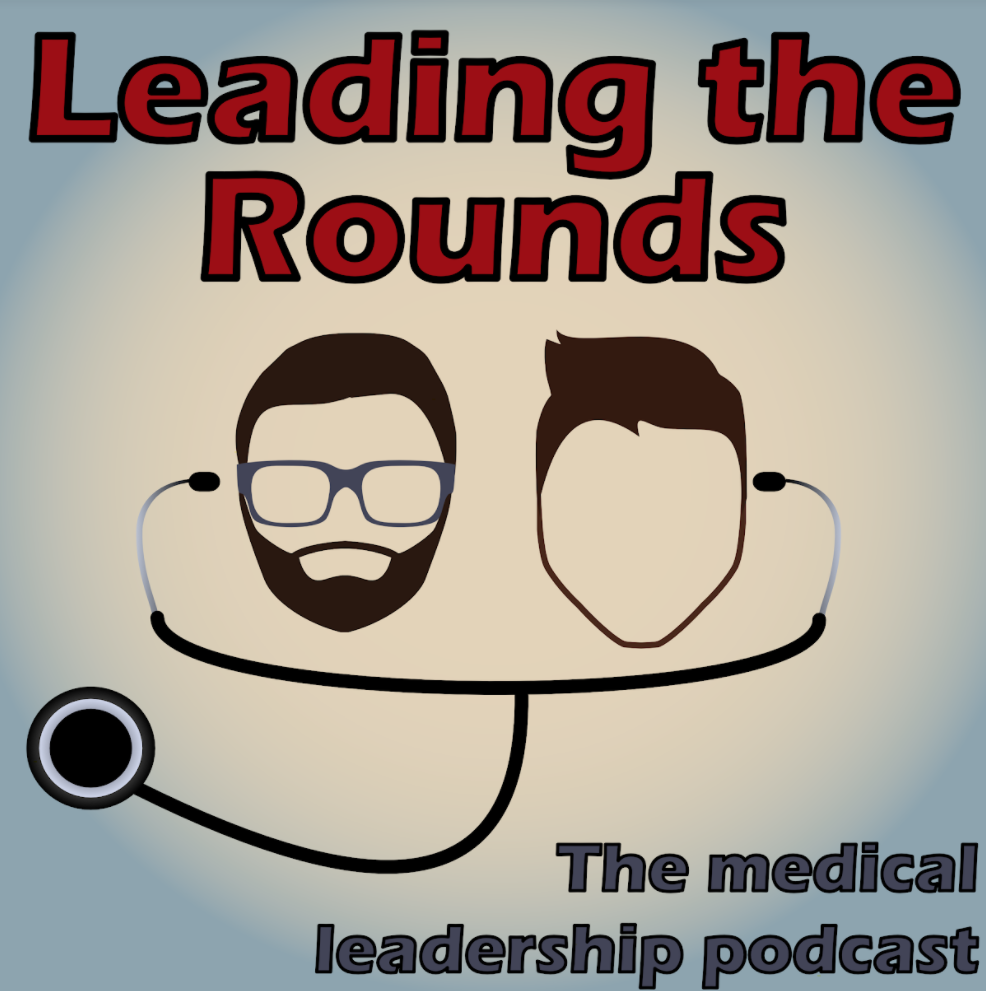In this interview, we talk to Dr. Stephen J. Swensen. He is dedicated to the support of thoughtful leaders who aspire to nurture fulfillment of their staff. He is a recognized expert, researcher and speaker in the disciplines of leadership and burnout.
Dr. Swensen serves as senior fellow of the Institute for Healthcare Improvement, where his focus is joy in work. He works as the Leadership Theme Leader for NEJM Catalyst.
For three decades he served patients at the Mayo Clinic. As Director for Leadership and Organization Development, he co-led the Professional Burnout Initiative and oversaw the development of 4,100 physicians and 232 key leaders.
As Chief Quality Officer, he established the Quality Academy wherein 37,000 colleagues were certified as fellows during his tenure. As Chair of the Department of Radiology, he and his team used their Value Creation System to improve the welfare of both patients and professionals.
As professor in the Department of Radiology, he was principal investigator of two National Institutes of Health grants and has authored three books and 207 articles.
He was honored with the Diamond Lifetime Achievement Award, served as the president of two international societies and founded the Big Sky Group. Dr. Swensen has been married for 43 years, has two children and has completed 39 marathons.
In this episode we discuss his book “Mayo Clinic Strategies To Reduce Burnout: 12 Actions to Create the Ideal Workplace.” We also discuss the Mayo Clinic model of care, creating a culture of esprit de corps, and the importance of curiosity in medicine.
- Tell us about how you came to write this book?
- What is esprit de corps and how did you arrive at it?
- Why did you use the paradigm shift of “work life integration” instead of “work-life balance” in your book?
- Can you introduce us to that and tell our audience what are some of the things that are different at Mayo?
- Why don’t you think this model has spread everywhere else?
- What traits do you think physician leaders should work on cultivating?
- What advice would you give to physician leaders?
- “Leadership is a potent combination of strategy and character. But if you must be without one, be without strategy.” — General Norman Schwarzkopf
- “You have to act as if it were possible to radically transform the world. And you have to do it all the time.” — Angela Davis
- “[In healthcare], we have a shared responsibility to do our work, to improve our work, and to care for each other.” — Dr. Swensen
- “The needs of the patient come first.” — Mayo Clinic Mission
- “You change culture one behavior at a time.” — Dr. Swensen
- “In order to teach something you have to understand it at a different level and be able to communicate it in a way that’s understandable.” — Dr. Swensen
You can listen to our full episode on Apple Podcasts and Spotify.
If you enjoy what we’re doing at Leading the Rounds, subscribe and give us a positive rating. You can also connect with us at leadingtherounds.com and on social media.
Leading the Rounds: The Medical Leadership Podcast
As physicians, we are immediately thrust into a leadership position from the moment we finish medical school. Despite this, most medical students will obtain little formal leadership training. We seek to improve our leadership abilities as burgeoning physicians. We developed this podcast to challenge ourselves to explore ideas in leadership development and how they apply to medical training. We hope to educate and motivate others to further develop themselves as leaders in health care.




